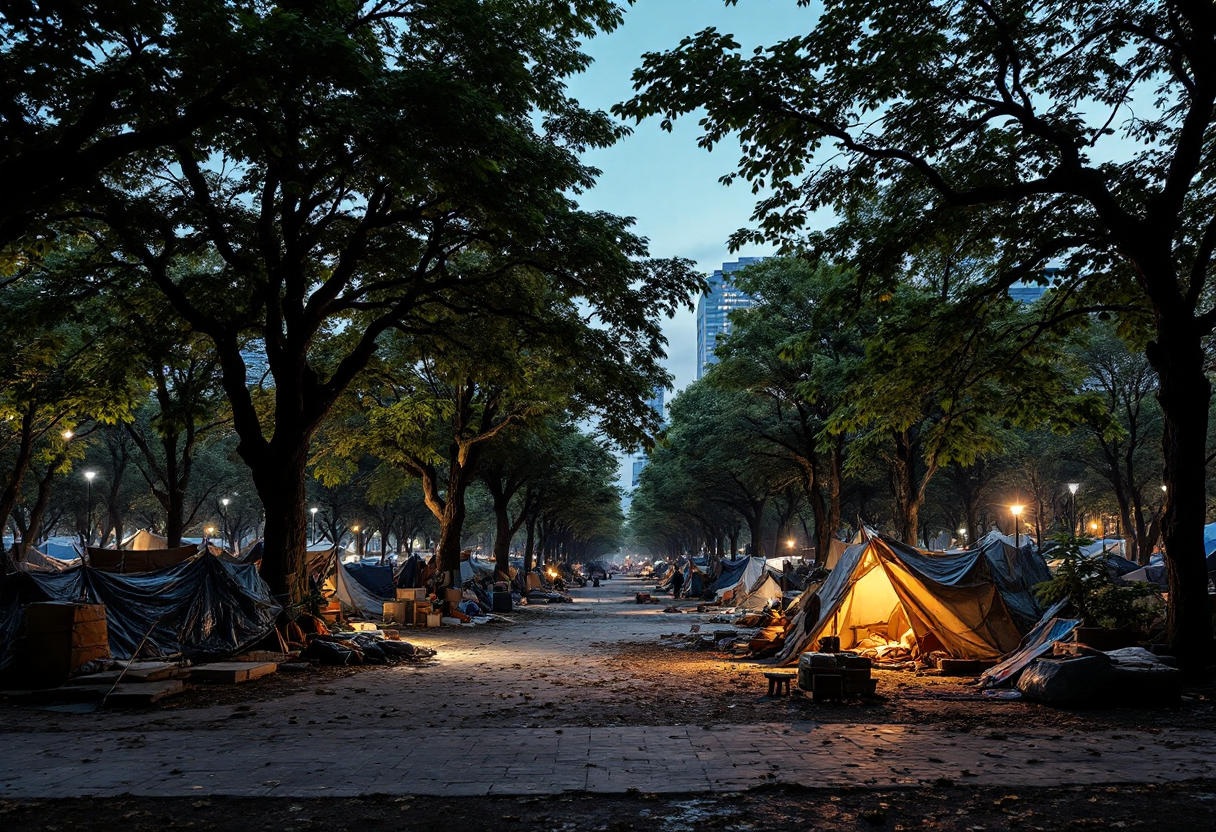Table of Contents
Understanding the legal landscape of overnight sheltering
The ongoing legal dispute surrounding overnight sheltering in Victoria’s parks has reignited discussions about the rights of unhoused individuals. This case, which is set to return to court, stems from a significant ruling made 15 years ago by British Columbia’s highest court.
The ruling established that cities cannot impose blanket bans on outdoor sleeping when adequate indoor accommodations are unavailable. As the city of Victoria faces increasing scrutiny, the implications of this legal challenge could reshape the future of outdoor sheltering in urban spaces.
The gradual erosion of sheltering rights
According to Alex Kirby, the attorney representing the petitioners, the city has been systematically reducing the number of parks available for unhoused individuals to sleep in. Kirby highlights that only five parks remain accessible for overnight sheltering, following the closure of Irving Park and Vic Park West.
This trend raises critical questions about the city’s commitment to addressing homelessness and the rights of those affected. “You can’t achieve a blanket ban by gradually stripping away people’s rights,” Kirby asserts, emphasizing the need for a more compassionate approach to homelessness.
Challenges faced by the unhoused community
The remaining parks—Oaklands, Gonzales, and Pemberton—are located far from the city center, where essential services for the homeless are concentrated. This geographical isolation poses significant challenges for individuals relying on outdoor shelter. Many face health issues or mobility challenges that make accessing these distant parks nearly impossible.
Sylvia Ceacero, CEO of the Alliance to End Homelessness in the Capital Region, points out that the shelter options provided often do not meet the specific needs of individuals, particularly those escaping abusive situations or requiring a sober environment. The lack of suitable shelter options exacerbates the crisis, leaving many with no choice but to rely on inadequate outdoor spaces.
The city’s response and the path forward
The City of Victoria maintains that it has established strong partnerships with various outreach organizations to connect unhoused individuals with necessary resources. However, critics argue that these efforts fall short of addressing the immediate needs of the community. Fred Cameron, manager of operations at SOLID Outreach Society, emphasizes the absence of a comprehensive housing continuum, which is essential for transitioning individuals from homelessness to stable housing. “You can’t just push people around without offering real solutions,” Cameron states, highlighting the urgent need for a more integrated approach to homelessness.
Looking ahead: The court case and its implications
The upcoming court case is poised to have significant implications for the future of overnight sheltering in Victoria. As the legal challenge unfolds, it will not only address the specific restrictions imposed by the city but also raise broader questions about the rights of unhoused individuals and the responsibilities of urban governments. The outcome could set a precedent for how cities across Canada approach homelessness and outdoor sheltering, making it a critical moment for advocates and policymakers alike.




